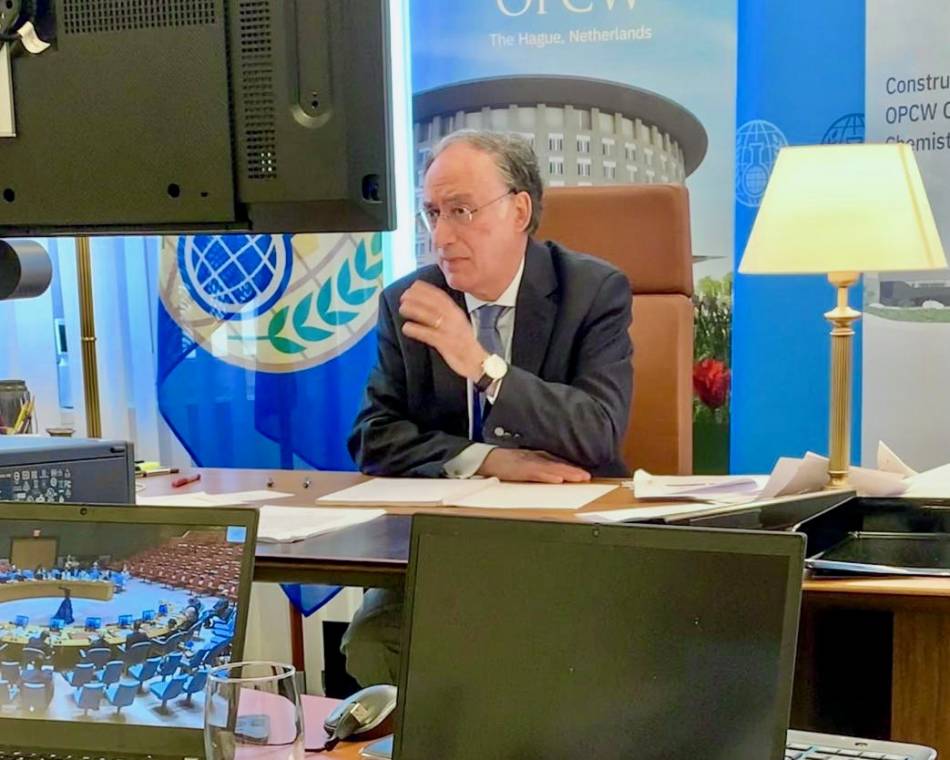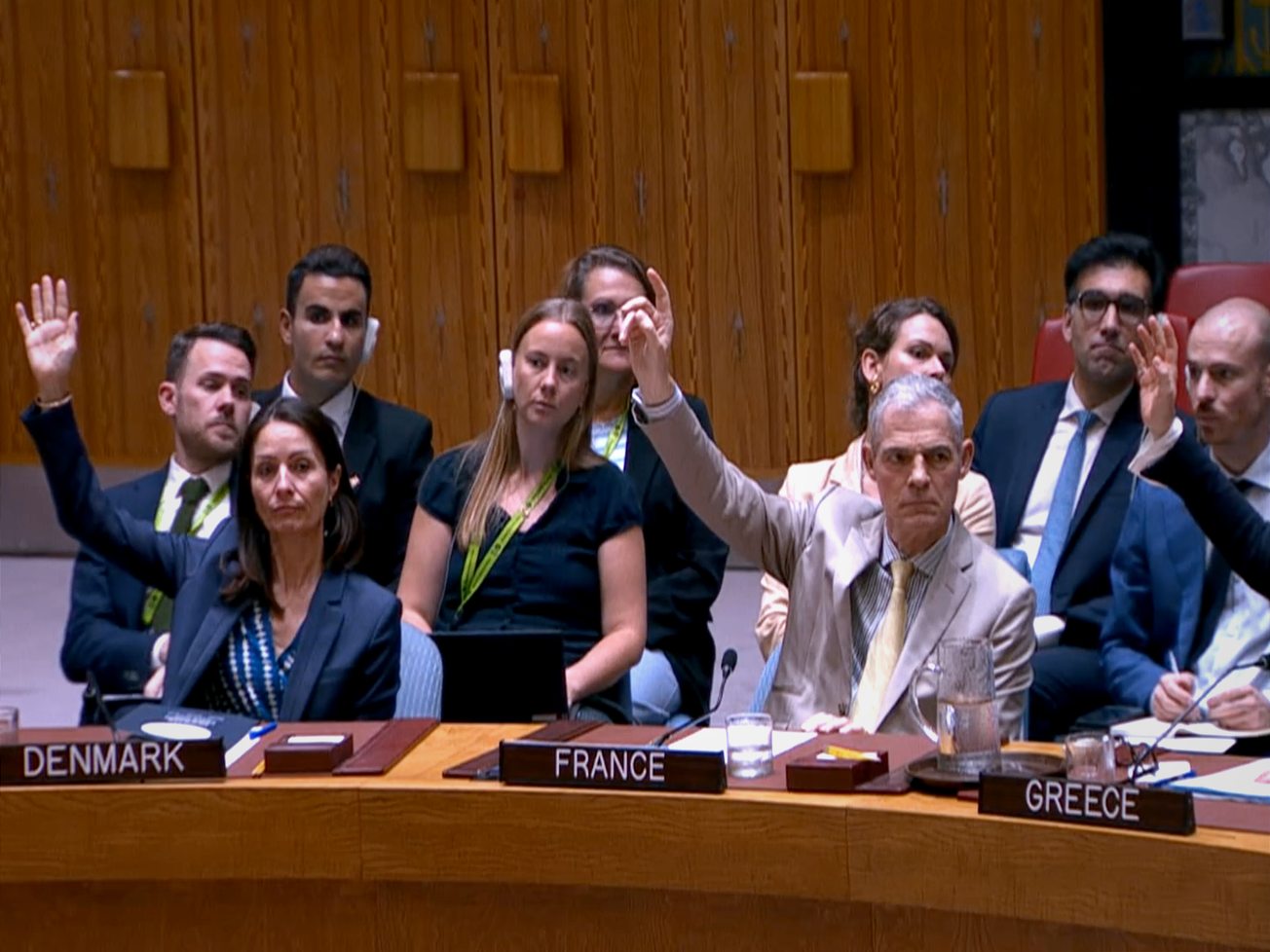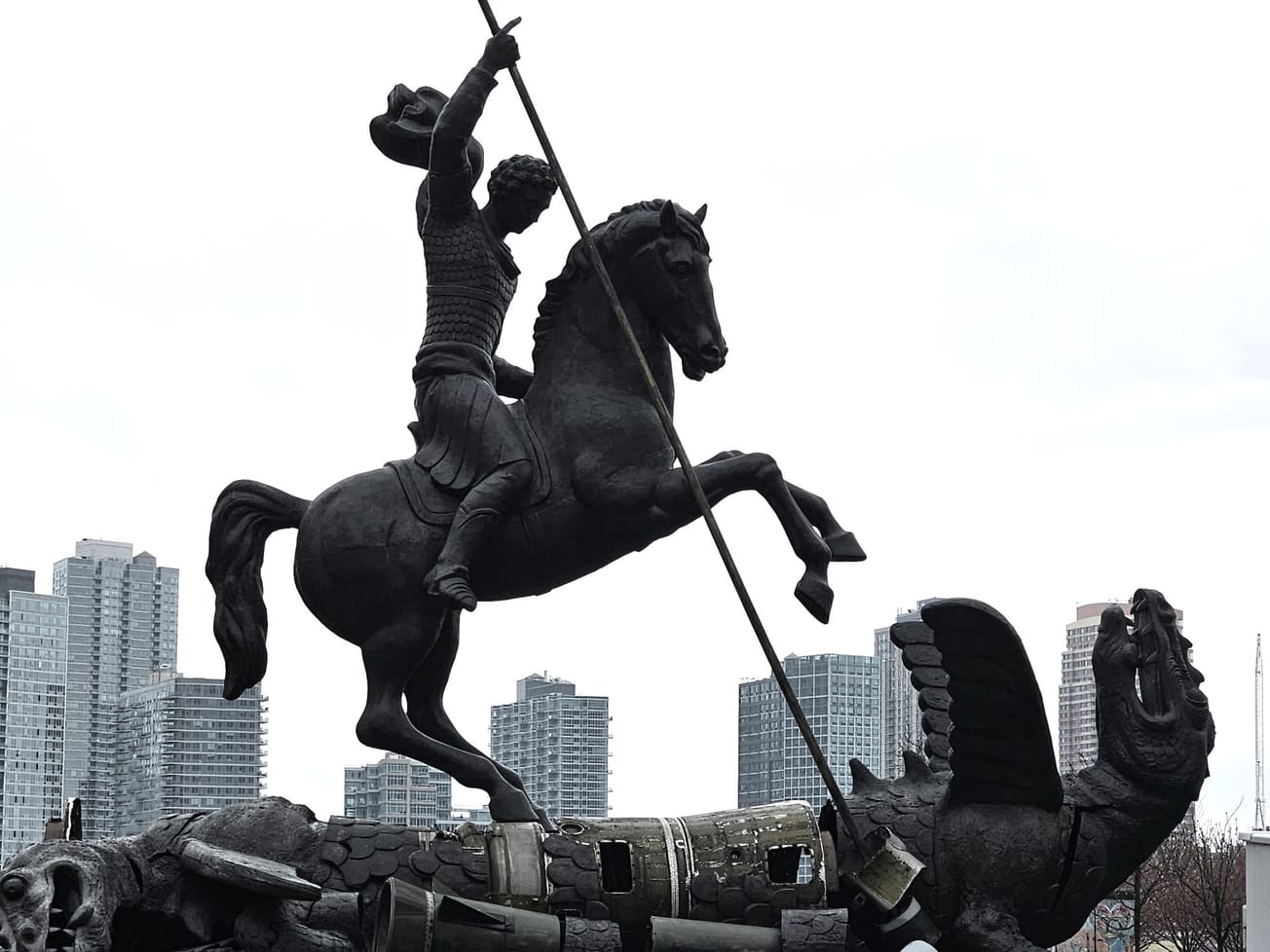UNITED NATIONS (AN) — Nerve agent sarin, chlorine and other deadly substances were used or likely used in at least 17 military strikes during the Syrian war, the head of the international organization that investigates chemical weapons attacks told the U.N. Security Council on Thursday.
Fernando Arias, director-general of The Hague, Netherlands-based Organization for the Prohibition of Chemical Weapons, or OPCW, said its experts came to that conclusion after investigating 77 such alleged attacks.









